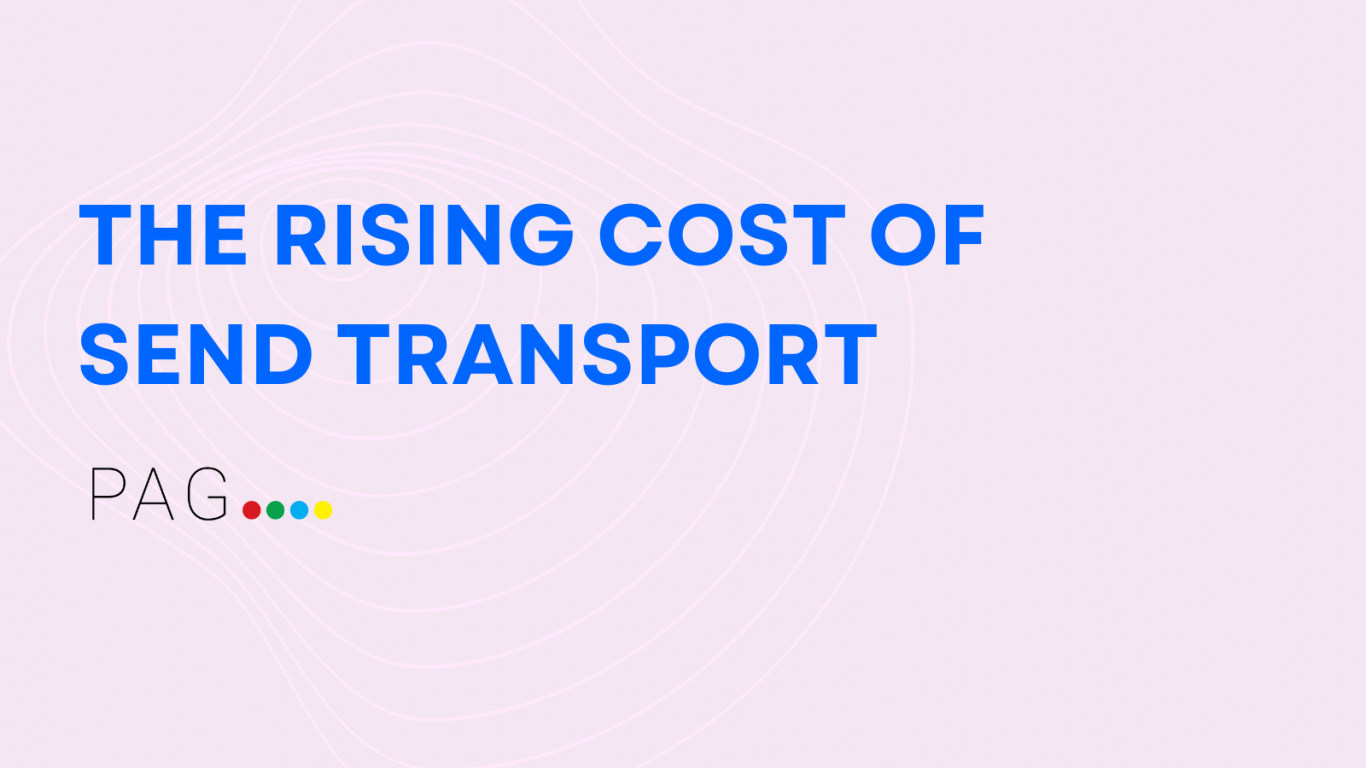The Rising Cost of SEND Transport
In recent years, councils across England have faced a significant financial challenge that has largely flown under the radar: the skyrocketing cost of providing school transport for children with Special Educational Needs and Disabilities (SEND). A comprehensive investigation by the BBC has laid bare the extent of this issue, revealing a nearly doubled expenditure within just five years. As we navigate the complexities of this situation, it's clear that while solutions are being sought, the path forward is anything but straightforward.
SEND transport costs soar
The financial figures are stark. The BBC's research indicates that spending on SEND school transport is projected to hit £1.4 billion across local authorities in England for the 2023-24 period. This marks a 95% increase from the £728 million recorded in 2018-19. This rise isn't merely a matter of inflation or operational costs; it's propelled by a burgeoning demand for these essential services. Over 40% more children are utilising SEND transport services this year, surpassing 183,000, while the average annual cost per child has surged from £6,280 to £8,299.
This escalating expense has put local councils in a precarious position. With budgets already stretched thin, leaders warn that overspending in this domain could necessitate cuts in other services to maintain financial balance. The issue is further exacerbated by the long distances many children have to travel, often due to the lack of local specialist educational provisions. Some journeys extend hundreds of miles, with the councils bearing the brunt of these costs.
Government solutions and personal struggles
In response to this growing concern, the government points to its £2.6 billion investment in creating additional special school places. The aim is to reduce the need for long-distance travel, thereby curbing transport costs. However, this measure, while significant, is seen by some as insufficient to fully address the issue at hand. Council leaders are calling for more sustainable solutions, including potentially controversial proposals such as means-testing for school transport services.
Critics argue that the issue of SEND transport costs is symptomatic of a broader systemic failure to provide adequate local educational facilities for children with special needs. This has led to an over-reliance on distant schools and, by extension, expensive transport solutions. As councils, the government, and families continue to navigate these challenges, the need for a holistic approach to special education—one that prioritises local provision and accessibility—has never been clearer.
PAG's Solution
At PAG, we have been aware of this issue for a while as a company that works at the heart of the sector. We are developing an innovative solution to address the issue head on by providing high-quality, local, but crucially, affordable independent provision by working with specialist trusts and local authorities. To find out more and to get involved, please reach out via the Contact page above.
